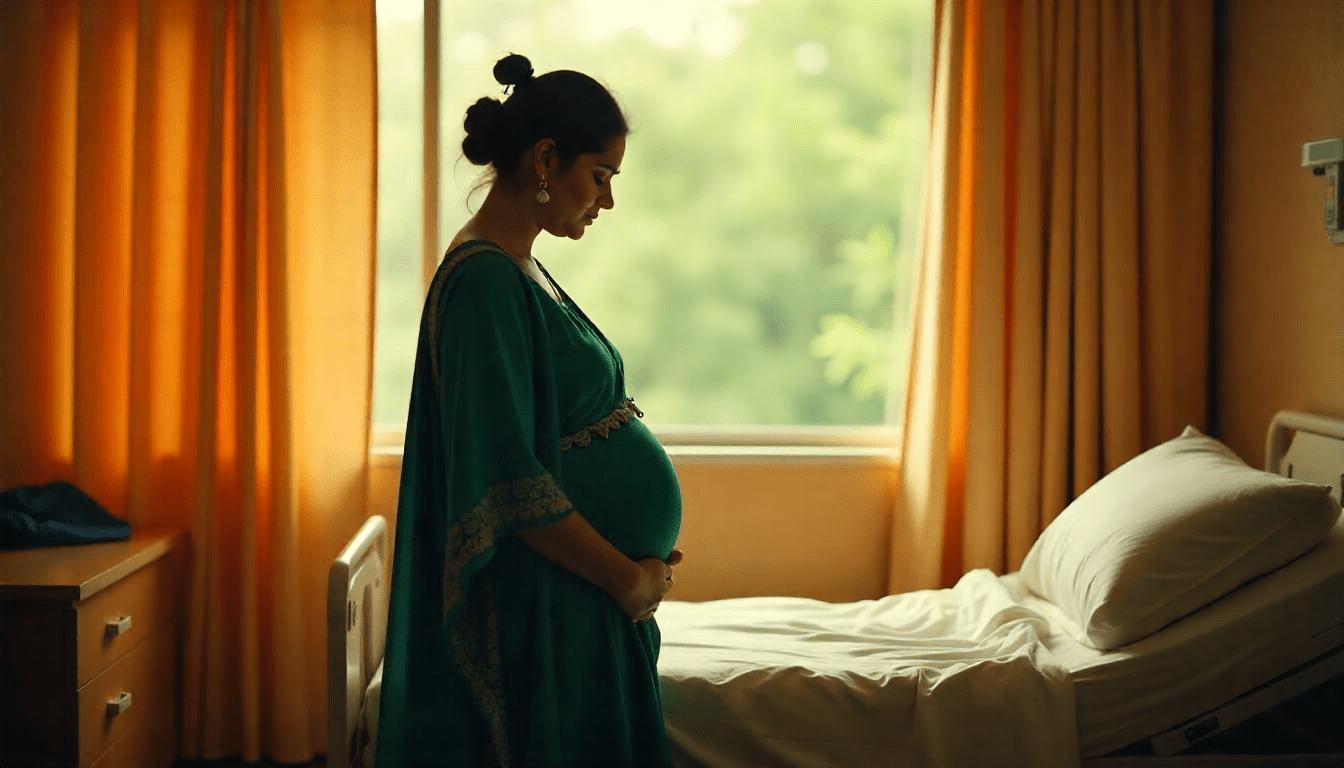Understanding the Risks of Falls During Pregnancy
Pregnancy brings with it numerous physical changes that can increase the risk of falls and injuries. Hormonal changes, weight gain, and shifts in your center of gravity can all contribute to instability. Understanding these risks is crucial to ensuring your safety and well-being while pregnant.
Falls can lead to significant injuries, including strains, fractures, and even complications for both the mother and baby. This makes it essential for expecting mothers to actively seek methods of prevention.
Common Causes of Falls in Pregnant Women
Several factors can contribute to the likelihood of falling during pregnancy. Awareness of these can help in taking precautionary measures:
- Physical Changes: As pregnancy progresses, a woman’s body goes through various changes that can affect balance.
- Fatigue: Increased tiredness can affect coordination and lead to accidental falls.
- Vision Changes: Pregnancy can sometimes cause blurred vision; this can make navigating your environment more challenging.
- Distraction: Anxiety or worrying about pregnancy can lead to a lack of focus, which in turn increases the risk of falling.
Tips to Prevent Falls and Injuries
Home Safety Tips
- Clear Pathways: Ensure that walkways and living areas are free from clutter. Remove any obstacles such as toys, shoes, and loose rugs.
- Adequate Lighting: Install brighter light bulbs and use night lights in dark areas like hallways and staircases.
- Non-Slip Mats: Place non-slip mats in the bathroom and kitchen to reduce the risk of slipping.
- Grab Bars: Install grab bars in the shower and near the toilet for added support.
Physical Preparation
- Strength and Balance Exercises: Consider prenatal yoga or swimming. These low-impact exercises can enhance your balance and strength, decreasing the chances of falls.
- Consult a Professional: Consult a physical therapist about exercises tailored to your needs. They can provide personalized advice and guidance.
- Stay Active: Maintaining regular, moderate exercise, as advised by your healthcare provider, can help keep your body strong and reduce falls.
Clothing and Footwear Choices
- Comfortable Footwear: Choose shoes with good support, non-slip soles, and avoid high heels. This will help you maintain stability.
- Avoid Loose Clothing: Loose clothing could entangle your feet, making it easy to trip. Opt for fitted pants and skirts for ease of movement.
Mindfulness and Awareness
- Stay Alert: When walking, focus on your surroundings. Take your time and avoid rushing, especially on stairs or uneven surfaces.
- Weather Considerations: Be particularly careful during wet or icy weather. Take your time when walking outside, and consider using handrails when available.
When to Seek Help
If you experience frequent falls or feel unstable while standing or walking, discuss these concerns with your healthcare provider. They may refer you to a specialist for further assessment. It’s essential to address any underlying issues that could contribute to falls, such as dizziness or joint instability.
Conclusion
Preventing falls and injuries during pregnancy is all about awareness, preparation, and safety! By making simple home adjustments, focusing on physical preparation, choosing the right clothing, and maintaining mindfulness, you can significantly reduce your risk of falling. Remember, always consult your healthcare provider for personalized advice related to your health during pregnancy. Take the necessary steps today to ensure a safe and enjoyable pregnancy experience.





